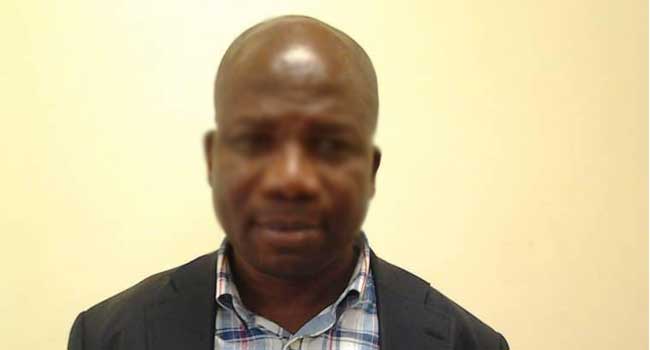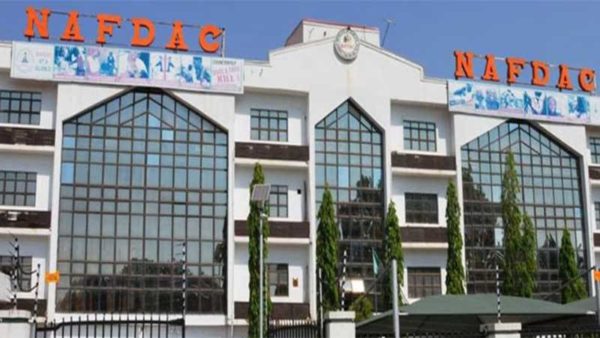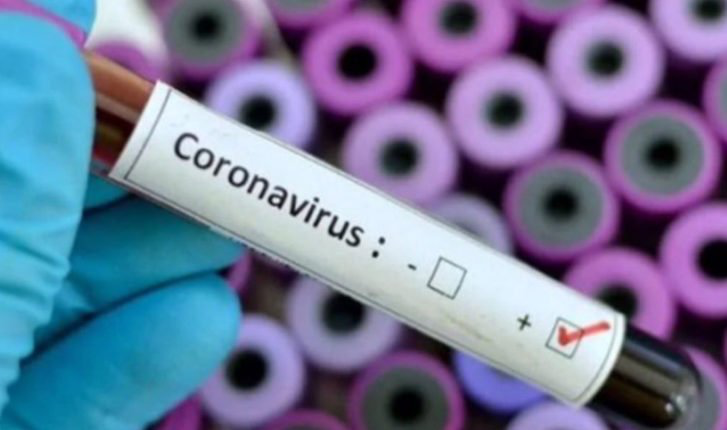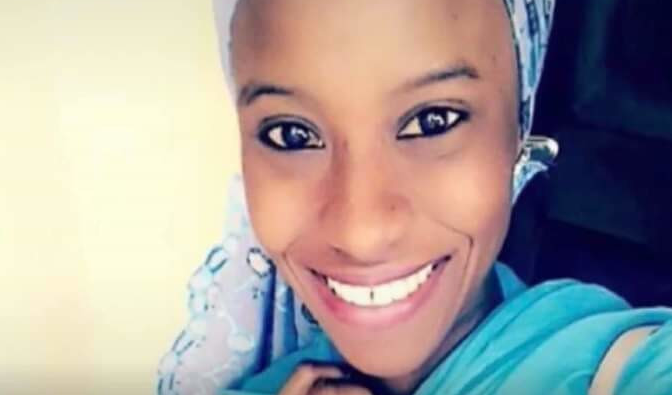India has begun distribution of a newly developed drug, 2-deoxy-D-glucose (2-DG), to treat Coronavirus (COVID-19) symptoms.
The drug reportedly reduces patients’ dependence on oxygen and hastens their recovery.
It was developed by a laboratory of India’s Defence Research and Development Organisation (DRDO) and Hyderabad-based pharmaceutical company, Dr Reddy’s Laboratories.
The distribution of the new drug started on Monday.
The first batch of the drug was released by India’s Defence Minister, Rajnath Singh, and the Health Minister, Harsh Vardhan, in the Indian capital and would be initially used in hospitals in the city.
Some experts have however questioned the efficacy of the new drug, saying not enough evidence has been published from the stage two and three of clinical trials.
A variation of 2-DG has been used earlier on an experimental basis to treat certain strains of cancer, but has not been approved yet for that purpose, molecular biologist Rakesh Mishra said.
Mishra, who has been involved in the development of the new drug, said it blocked the ability of the virus to multiply in certain cells.
A significant percentage of patients in the trials could be taken off oxygen support after taking two sachets.
Mishra said the drug was meant to treat those in early stages so that their condition would not turn more serious.
The formula, known as 2-DG, went through year-long second and third stage clinical trials and was approved by the Drugs Controller General of India (DCGI) on May 1.
The drug’s release comes after weeks of harrowing shortages of oxygen which has been increasingly required by patients during a deadly second wave of the pandemic.
Scores of deaths have been reported in cities across the country including Delhi, Bangalore and the Goa capital, Panaji.
This happened as oxygen supplies ran out at hospitals and home-care patients paid double and triple the price for concentrators and cylinders.
While the oxygen shortage continues in some regions, the situation has improved, with supplies almost doubling since the beginning of May.
Meanwhile, Indian manufacturers are increasing production and some logistical issues are being resolved as international aid in the form of oxygen concentrators, cylinders and plants is pouring in.
India has an official caseload of about 25 million infections, second only to the U.S. and has suffered 274,390 deaths.
Experts maintain that both numbers are likely to be much higher in actuality.





